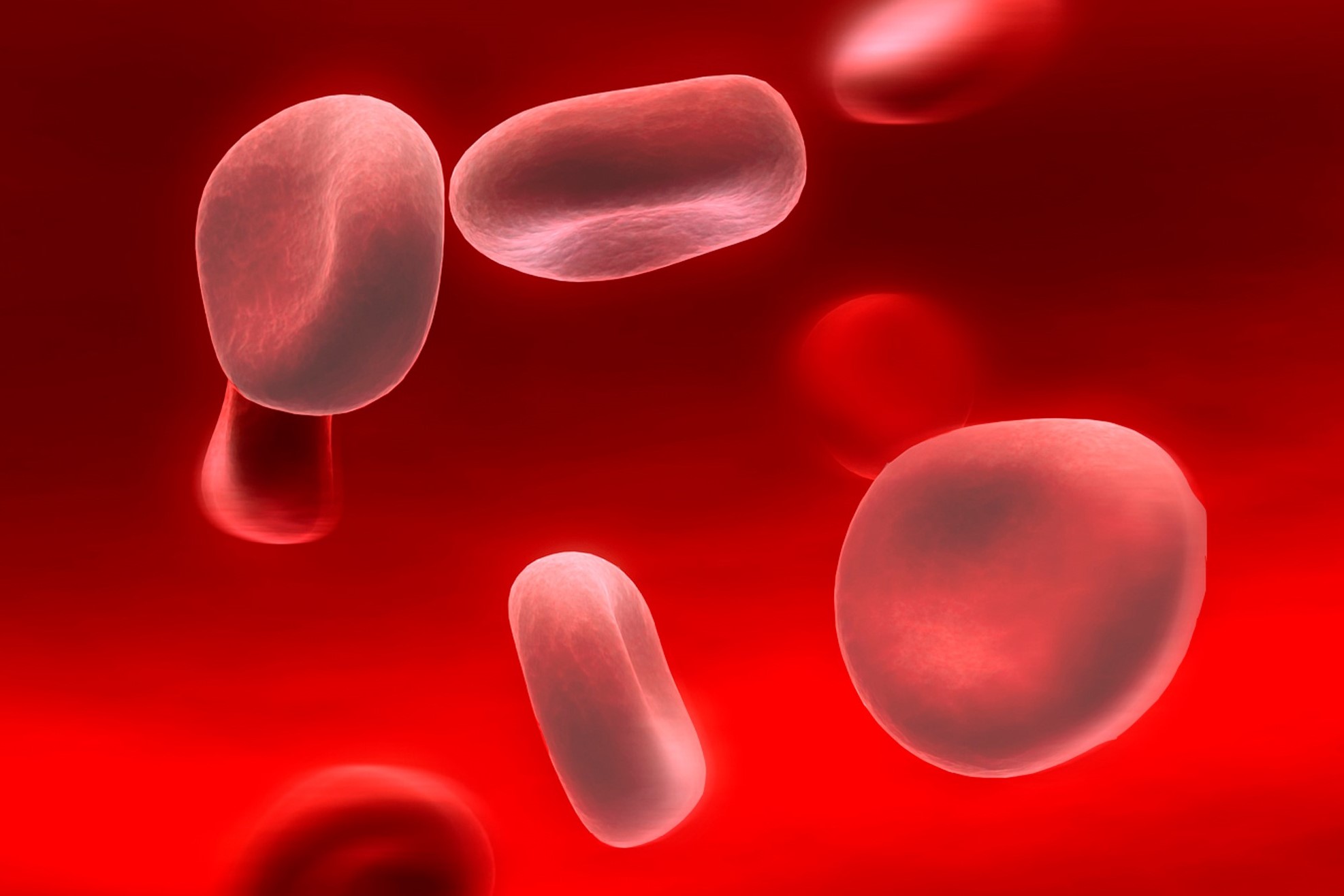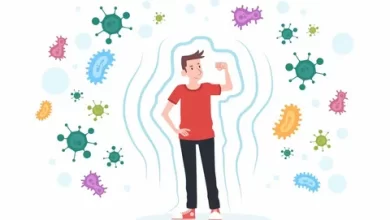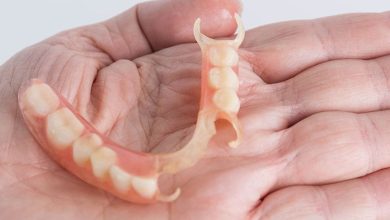Causes Of Iron Deficiency

Table of Contents
What is iron deficiency anemia?
Anemia occurs when you have a decreased level of hemoglobin in your red blood cells (RBCs). Hemoglobin is the protein in your RBCs that is responsible for carrying oxygen to your tissues.
Iron deficiency anemia is the most common type of anemia, and it occurs when your body doesn’t have enough of the mineral iron. Your body needs iron to make hemoglobin. When there isn’t enough iron in your blood stream, the rest of your body can’t get the amount of oxygen it needs.
While the condition may be common, many people don’t know they have iron deficiency anemia. It’s possible to experience the symptoms for years without ever knowing the cause.
In women of childbearing age, the most common cause of iron deficiency anemia is a loss of iron in the blood due to heavy menstruation or pregnancy.
A poor diet or certain intestinal diseases that affect how the body absorbs iron can also cause iron deficiency anemia.
Doctors normally treat the condition with iron supplements or changes to diet.
Causes of anemia and iron deficiency
Anemia is caused one or more of the following:
Iron deficiency that accounts for about 50% of anaemia cases worldwide. Iron deficiency is caused by:
- Loss of blood due to heavy menstruation, injuries, bleeding during delivery, or hookworm or schistosomiasis infections.
- Deficiency of vitamin B12, vitamin A and/or folate. Folate deficiency causes megaloblastic anaemia. Folate needs are high during pregnancy.
- Non nutritional causes such sickle cell disease and infections especially malaria, HIV/AIDS.
- A diet low in bioavailable iron.
- Intestinal disorders affecting iron absorption.
Anaemia is common among young children and women of reproductive age because:
- Young children are growing fast and so must make new red blood cells quickly.
- Women and girls of reproductive age lose blood each month.
- Pregnant women must make many new red blood cells, provide iron for the foetus and may lose much blood during childbirth.
- Severely anaemic people, including children, often die.
- Anaemia in pregnancy results in:
- Anaemia in surgical patients increases the risk of postoperative problems and death.
Dangers of anaemia and iron deficiency
- less iron passing from mother to foetus so the newborn has low iron stores
- increased risk of blood loss during and after delivery, and of maternal death
- increased risk of the baby being preterm, having a low birth weight and dying.
Some people may not be classified as ‘anaemic’ but are iron deficient. Iron deficiency (even without anaemia) reduces the immune status of all age groups and:
- Iron-deficient young children are apathetic and less active, and at risk of poorer-than-normal emotional and behavioural development.
- Iron-deficient older children and adults have poorer-than-normal ability to concentrate or do physical work for long periods.
How to Prevent Iron Deficiency
Eat a balanced, healthy diet that includes good sources of iron to prevent any deficiencies. Combine vegetarian sources of iron with vitamin C in the same meal. For example: a bell pepper-bean salad, spinach with lemon juice, or fortified cereal and berries.
If treatment for iron deficiency is needed, a healthcare provider will assess iron status and determine the exact form of treatment which may include changes in diet or taking supplements.
For any important information please contact us Email GadgetsNg info@gadgetsng.com
[Button id="1"]



